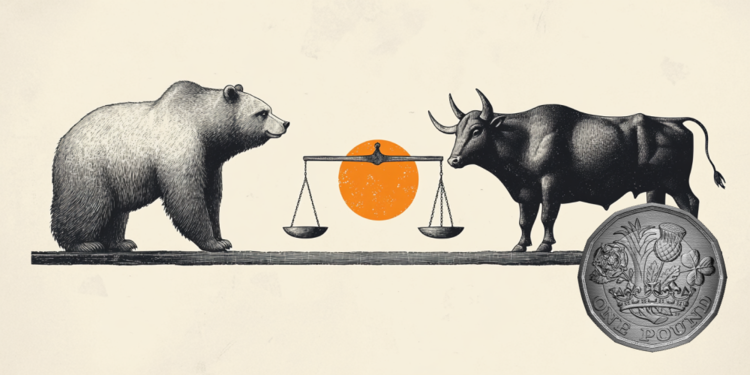On Thursday, May 23, Supreme Court Justice Ketanji Jackson ruled that an attempt to delegate a class action lawsuit related to the 2021 Coinbase Dogecoin lotteries to private arbitrators is illegal. Cases of this kind are dealt with by courts of general jurisdiction, which are responsible for considering disputes between individuals and organizations.
In June 2021, Coinbase launched a lottery that offered $1.2 million in Dogecoin meme tokens. To participate, you had to register on the exchange and buy DOGE worth $100 or more.
A group of users later filed a class-action lawsuit against Coinbase, alleging that the company misled customers about the conditions of the lottery. In particular, it did not disclose that it was not necessary to buy Dogecoin to participate in the lottery, and also artificially inflated the market price of DOGE in order to encourage users to spend more on digital assets.
Coinbase wanted the Dogecoin lottery case to be heard in arbitration rather than in a regular court for a number of reasons:
-
Firstly, arbitration proceedings are confidential, access to information about them is initially difficult and does not quickly affect the company’s reputation.
-
Secondly, the parties to arbitration proceedings themselves choose the arbitrators who will hear the case. Therefore, Coinbase would have a chance to choose arbitrators who are more favorable.
-
Finally, decisions of arbitration courts in the United States are, as a rule, final and cannot be appealed by a court of general jurisdiction. In this way, Coinbase could avoid the possibility of appealing the decision.
The day before, Coinbase announced that on June 3 it would launch retail futures contracts for oil and gold on its platform.
Source: Bits
I am an experienced journalist, writer, and editor with a passion for finance and business news. I have been working in the journalism field for over 6 years, covering a variety of topics from finance to technology. As an author at World Stock Market, I specialize in finance business-related topics.







